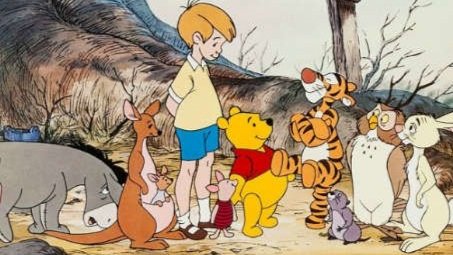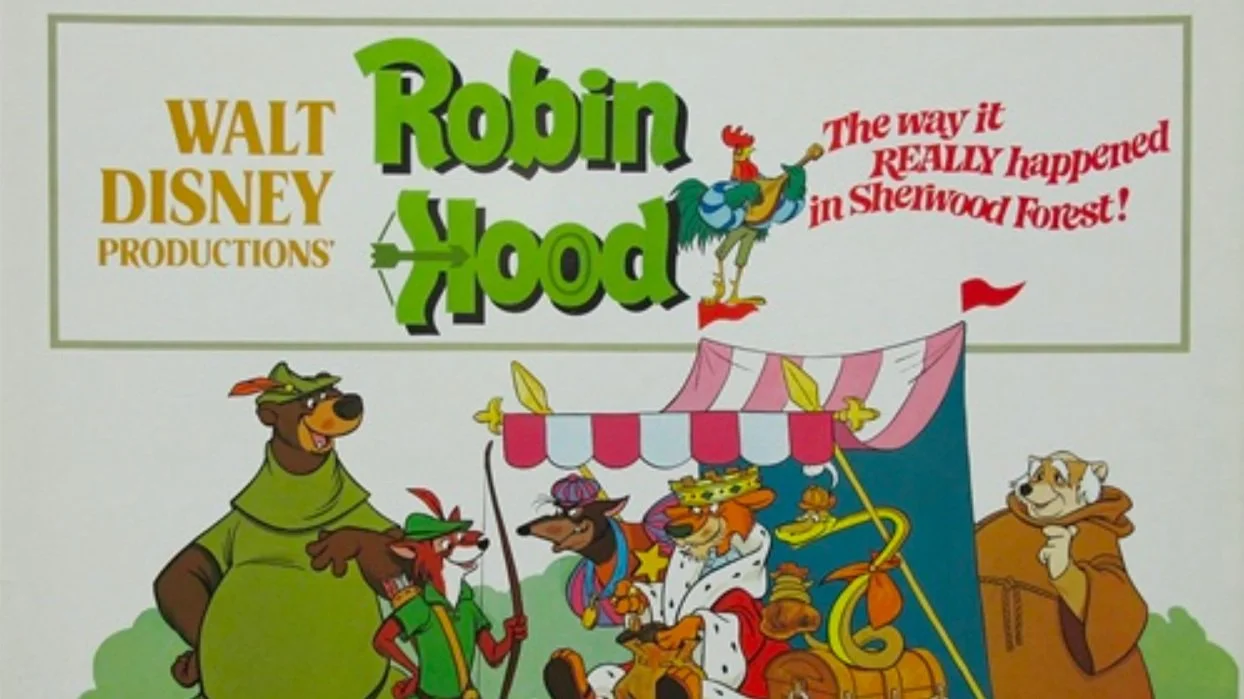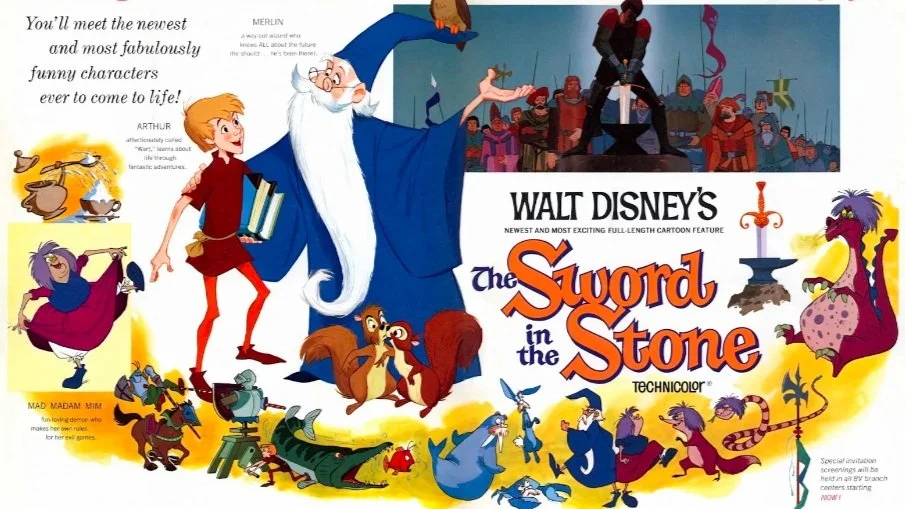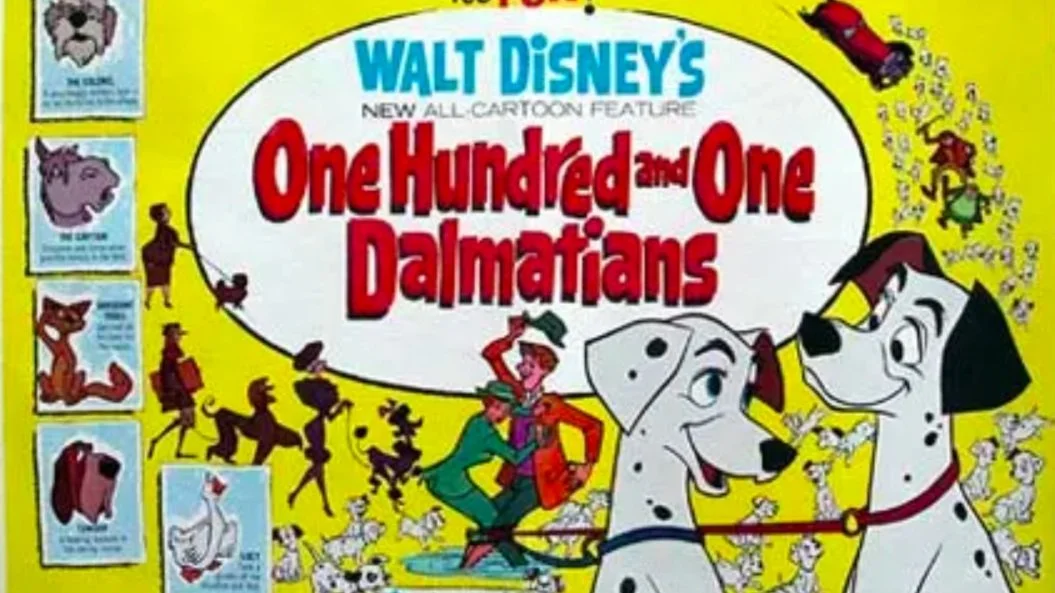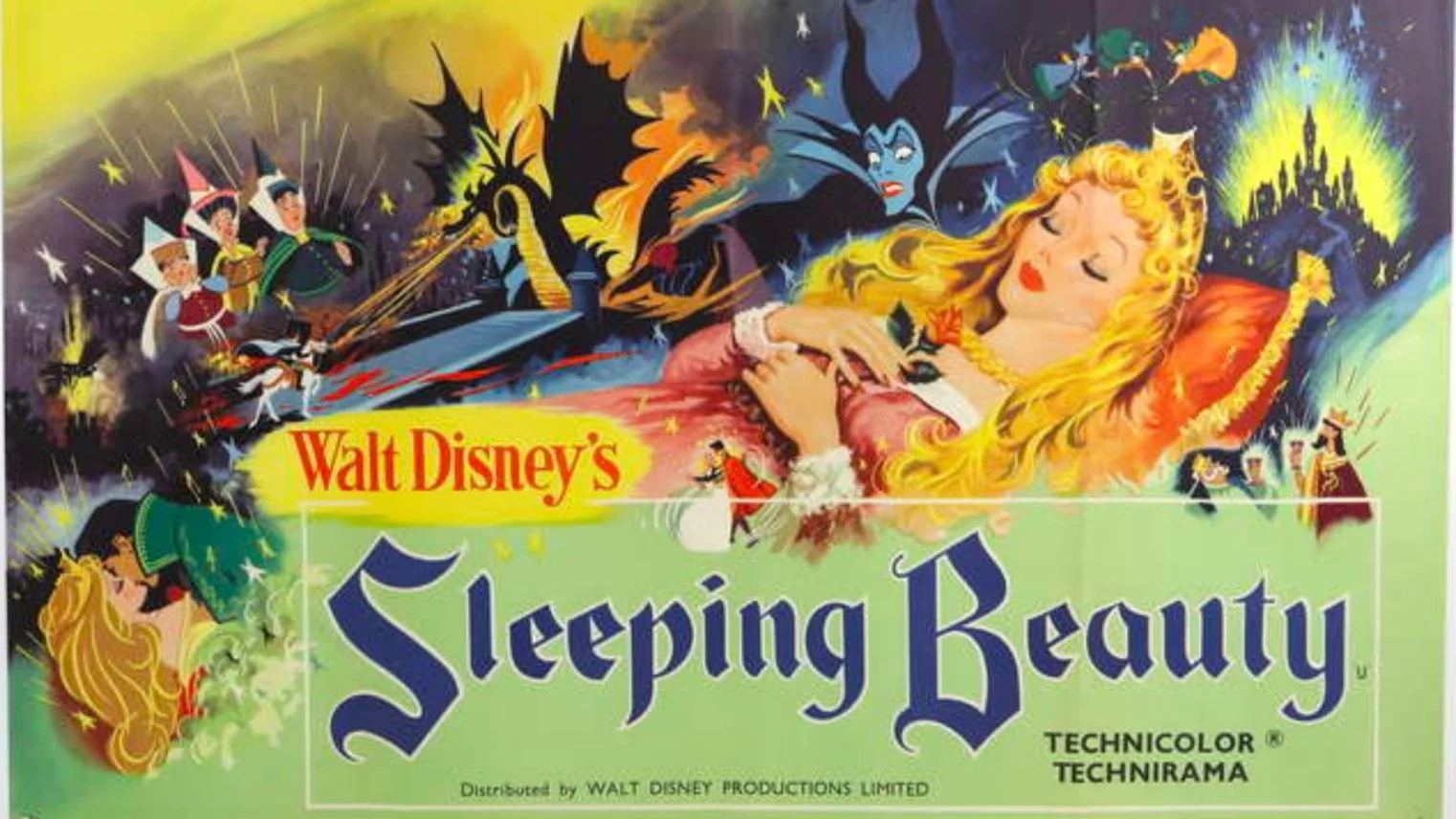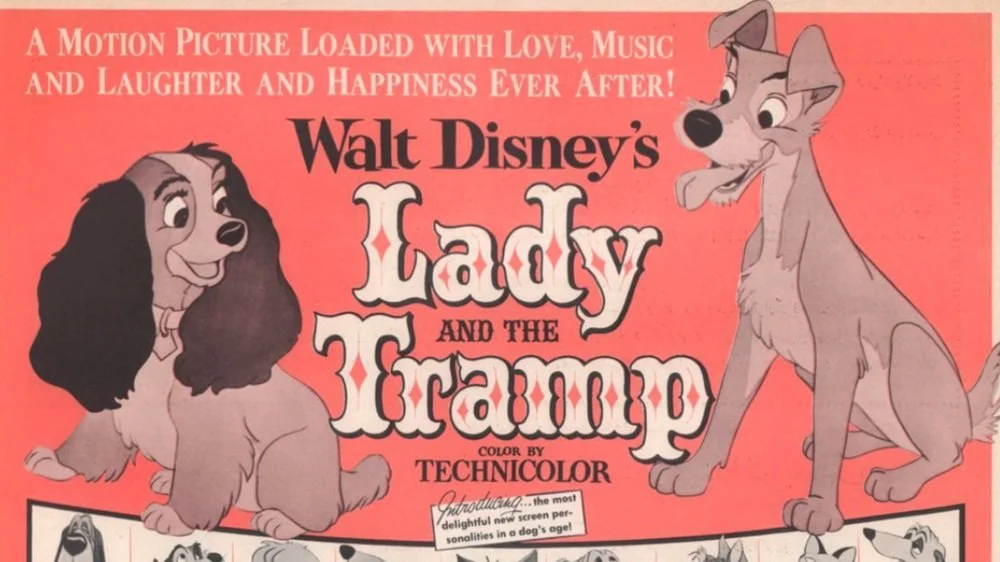Blood Lust: Adolescent Sexuality and Personal Conflict in The Lost Boys (1987)
The coming of age film was wildly popular among adolescents and young adults of the 80’s alike for reasons that should be obvious. Filmmakers like John Hughes and Cameron Crowe knew how important (and super lucrative) it could be to showcase the conflicts which plague us during our developmental years on the big screen in a way that took them seriously. Still, even the most beloved of these films seem to come up short in representation that was diverse or very accurate, most brimming with casual homophobia that is played for laughs and remains pretty hard to digest. Though they can be argued to be a product of their time, these attitudes held by coming of age films are still pretty surprising -- usually, adolescence marks the beginning of sexual experimentation and self discovery. Confusion, conflict, and acceptance of our sexuality is clearly present during these years of life, so it’s strange that these films seem to avoid addressing those topics. Joel Schumacher’s The Lost Boys, however, is entirely connected to these queer themes and is presented in the form of these beloved young adult films. Despite being coded using The Vampire and containing several problematic elements, The Lost Boys still deserves praise for being (mostly) honest about what it’s like to struggle with our sexual identity for the first time in our lives.
Teenagers Michael and Sam move to the small town of Santa Carla with their mother after she has been recently divorced. One night on the boardwalk, Michael becomes involved with a gang (which we later discover are actually vampires) when he decides to pursue the attention of Star, the gang’s only woman. Attracted to the lost boys lifestyle, Michael too becomes a vampire upon drinking blood and must be saved by his brother and the town vampire experts, the Frog brothers. Understandably, it is easy to dismiss the proposition that Michael is struggling with his sexuality when he becomes seduced by David to join the lost boys -- after all, they caught his attention by using a woman as bait. However, the sexual tension between Michael and the gang’s leader David cannot be denied -- David successfully entices Michael to become “one of” them, something he would not have done if his primary objective was simply to win Star over. Even despite her warning, Michael still drinks from David’s bottle upon his request -- a bottle filled with David’s blood that will trigger Michael’s transformation into a vampire. Now, any returning reader of this column will already know what this exchange of bodily fluids represents (wink wink), but the exchange of blood has also commonly been used in vampire films as a means by which to present the AIDS epidemic that affected so many queer people in the 80’s. Despite his clear hesitation, Michael still succumbs to David’s seduction and drinks his blood to the very last drop. Even a few scenes later, Michael is still visibly uncomfortable and scared of the goings-on around him, but also feels attracted to it and ultimately gives in to his desires. When the gang is hanging from a bridge, David urges Michael to “let go” and accept that he is “one of” them, and he does, plummeting from the bridge into the night as a completely new kind of man.
Michael’s evident discomfort and doubt, paired with his contradictory indulgent actions are all too familiar to me and some other queer folk. As a teen, my discomfort was never with other people I knew identified as queer, but with myself for being so unclear about what my feelings of attraction and allure meant in terms of my sexuality. I guess it was a result of internalized homophobia I carried when I was a lot younger, but it took a very long time for me to accept myself and give in to my very queer, very real identity. I wish The Lost Boys had taken a different turn, because I think it could have made a very strong point about the validity of this very common internal struggle many queer youths face, but unfortunately the film undoes all of that by its conclusion.
Now, this criticism is extremely difficult for me to make as someone who loves this movie more than I love most things, but it must be done for the sake of Blood Lust’s integrity -- The Lost Boys presents some profoundly problematic ideas. Upon his discovery of Michael’s evolution into a vampire, Sam threatens to “out” his brother to their mom, crying about how his “own brother” has become the very thing he detests. From that point forward, the film becomes entirely about Sam and the Frog brothers trying to save Michael from these dark strangers and their supernatural gay influence, destroying each and every one of them on the way. Now, because we are interpreting the film through a queer lens, this implies that Michael accepting his new identity is something he needs to be “saved” from because it is dangerous to others -- an extremely harmful notion. As an openly gay man, I doubt that this was Schumacher’s intention, but having Michael revert when the other vampires are killed, only to end up with Star, wraps The Lost Boys up in a very boring heteronormative bow.
All of these things being said, I still adore this movie with every part of my heart. It is two-thirds of the way an extremely accurate allegory for the internal conflicts so many queer adolescents face in regards to understanding themselves, and being comfortable doing so. Next time (and I promise it won’t be several months again) we tackle Near Dark and what it says about queerness in a socioeconomic context. Until then, look forward to emerging from the shadows and slaking your blood lust with me!





